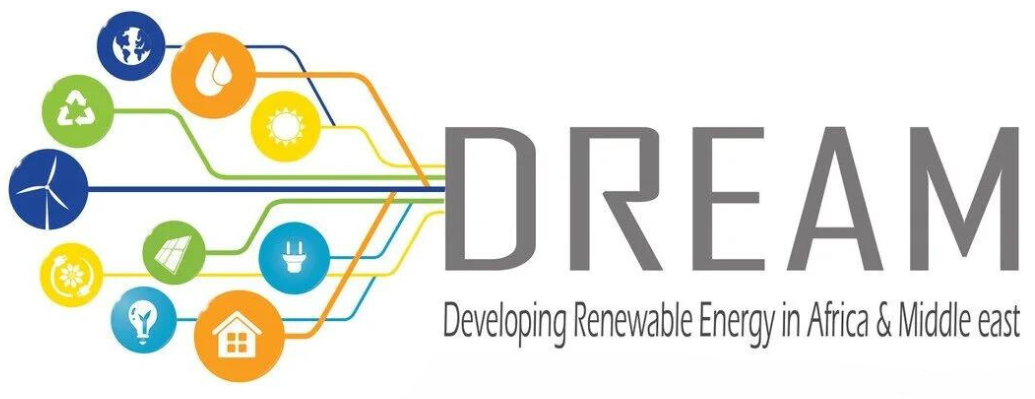Green Procurement (GP) is defined as procurement of products, services  and works that take into account environmental criteria and standards for protecting the environment and natural resources and minimize or mitigate the negative effects of human activities. Traditional procurement has focused upon value for money considerations. The aim and challenge of sustainable procurement is to integrate environmental and social considerations into the procurement process, with the goal of reducing adverse impacts upon health, social conditions and the environment, thereby saving valuable costs for organizations and the community at large. Sustainable procurement forms a key part of an overall push for sustainable development. Green Procurement ensures that purchasing or supply chain managers consider the issue of sustainability in the purchasing of inputs, in addition to the traditional purchasing criteria of cost, quality, and delivery. The benefits of green procurement include:
and works that take into account environmental criteria and standards for protecting the environment and natural resources and minimize or mitigate the negative effects of human activities. Traditional procurement has focused upon value for money considerations. The aim and challenge of sustainable procurement is to integrate environmental and social considerations into the procurement process, with the goal of reducing adverse impacts upon health, social conditions and the environment, thereby saving valuable costs for organizations and the community at large. Sustainable procurement forms a key part of an overall push for sustainable development. Green Procurement ensures that purchasing or supply chain managers consider the issue of sustainability in the purchasing of inputs, in addition to the traditional purchasing criteria of cost, quality, and delivery. The benefits of green procurement include:
- Natural conservation. Green products are generally produced in a manner that consumes less natural resources and energy or uses them more sustainably from the process of acquiring raw materials, processing and manufacturing parts, transporting, use, and final disposal.
- Green procurement leads to waste reduction because green products are generally designed with the intention of reducing the amount of waste created. For example, they may contain recycled material or use less packaging, and the supplier may operate a ‘take-back’ programme.
- There are cost benefits related to green procurement. This is because green products consist of natural materials, which can be recycled, reused and also easily disposed of. So an organization can achieve lower waste disposal costs, waste treatment costs and energy costs. In addition, green products generally require fewer resources to manufacture and operate, so savings can be made on energy, water, fuel and other natural resources.
- Green Procurement decreases hazardous or toxic level since green products produce lower levels of hazardous and toxic materials in the environment.
- Long-term efficiency savings.
- Reducing the impact of hazardous substances on human health and the environment
- Encouraging innovation.
- Providing strong signals to the sustainable products market.
- Practical expression of organizations’ commitment to sustainable development.
Sustainable procurement is the process by which organizations buy assets, supplies or services by taking into account a number of factors including:
- Value for money considerations such as, price, quality, availability, functionality.
- The entire life cycle of products.
- Environmental aspects; the effects on the environment that the assets, supplies and/or services have over the whole lifecycle (“green procurement”).
- Social aspects: effects on issues such as poverty eradication, inequality in the distribution of resources, labour conditions, human rights, Fair-trade.
- Sustainable or recycled materials/products.
Buying products which are environmentally responsible can be a dicey occupation. Labelling and certification requirements vary, one may think that he or she is doing the right thing by purchasing a product which bears a “green” label and later learn that the product isn’t more environmentally responsible than that of a competitor, even though it’s more expensive. Good procurement officers will investigate their sources with care, taking the time to confirm that the claims made by a company are accurate and comparing data from different sources to see which vendor is the best.
Companies which engage in green procurement processes may be eligible for environmental certification, formal recognition from the government, and other perks. Projecting a sustainable image can also be a valuable marketing tool which a company may use to get an edge on the competition. Environmental advocates also point out that as more and more companies demand green procurement, the market for environmentally sustainable products expands, making them cheaper and easier to obtain.

